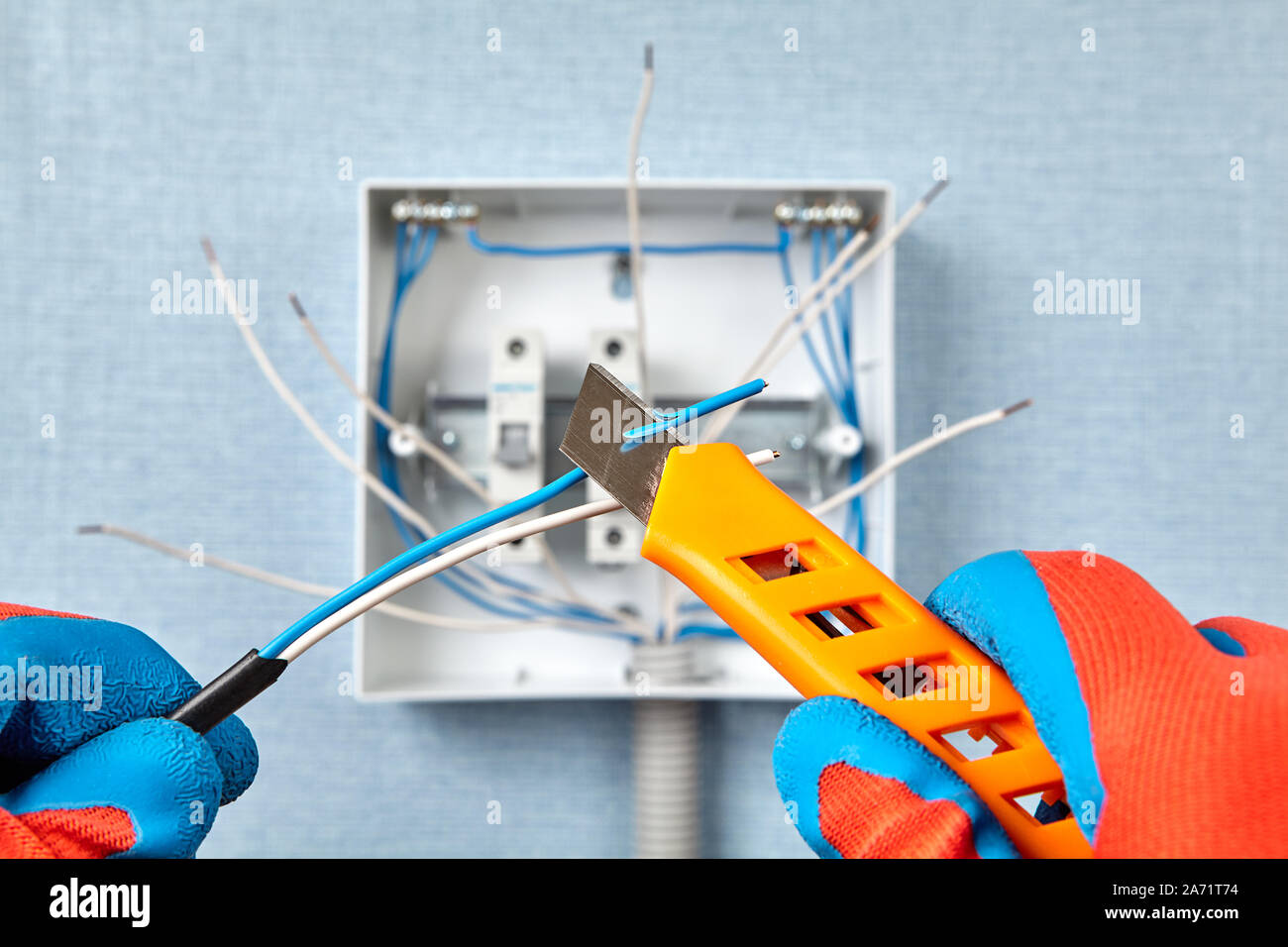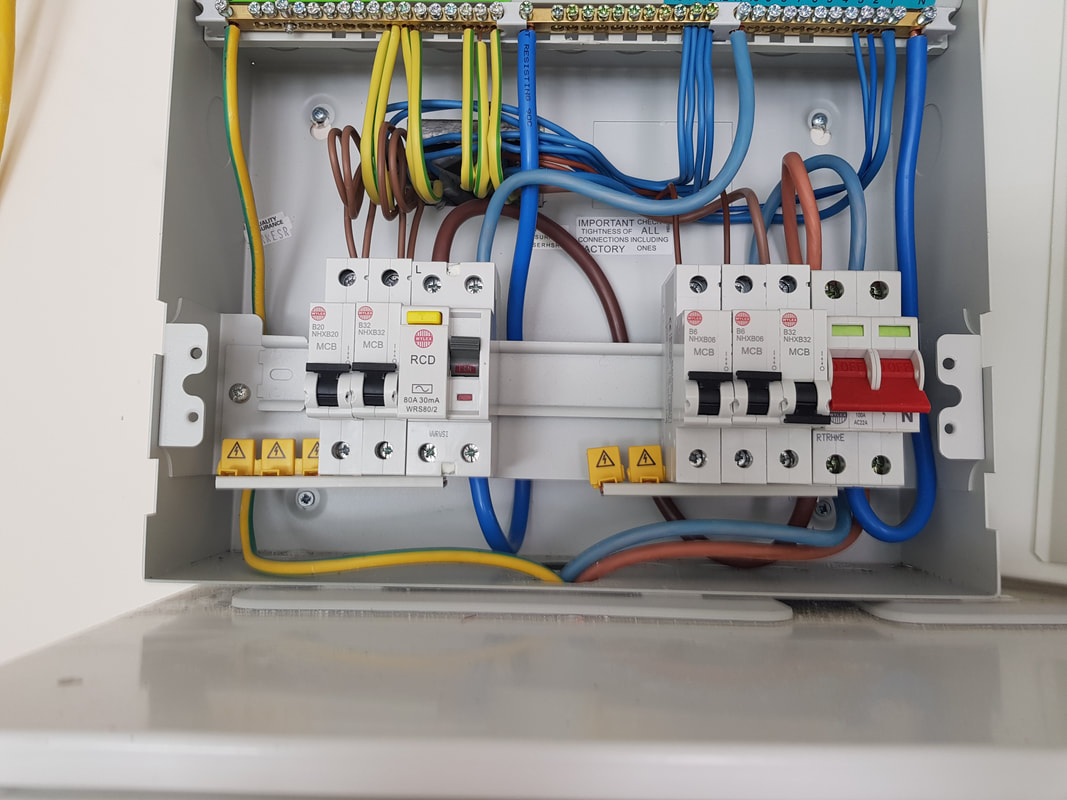Trusted and Specialist BRE Electrical Services for each Project
Demystifying Electrical Setup: Understanding Codes and Rules for a Lawful and Safe Configuration
In the realm of electrical installation, adherence to codes and policies is extremely important to make certain both legitimacy and safety and security. The journey to demystifying electric installation goes beyond plain knowledge with policies; it necessitates a profound understanding of how to implement safe electrical techniques effectively.
Importance of Electrical Codes
The adherence to electric codes is crucial in making certain the security and dependability of electric installations. Electric codes work as a set of requirements and standards that dictate the correct style, setup, and upkeep of electrical systems. These codes are established to decrease the risk of electric dangers, fires, and other safety and security worries that might develop from faulty electrical job.

In addition, electric codes are regularly upgraded to incorporate new innovations, ideal techniques, and precaution. Remaining upgraded with these codes is important for specialists in the electric industry to ensure that their job satisfies the most up to date security requirements. Eventually, the relevance of electrical codes hinges on creating a safe and reliable electric infrastructure that benefits both individuals and neighborhoods.
Trick Rules for Security
Numerous fundamental policies govern the safety and security criteria in electric installments. One key regulation is the National Electrical Code (NEC), which supplies standards for secure electric layout, installation, and evaluation to protect people and residential or commercial property from electric dangers. The NEC covers aspects such as circuitry approaches, grounding, overcurrent security, and devices installment to guarantee a safe electric system.
One more essential policy is the Occupational Security and Health Management (OSHA) standards, which focus on the security of workers included in electrical installations (BRE Electrical). OSHA regulations consist of needs for proper training, security treatments, and individual safety devices to stop work environment accidents and injuries
In Addition, the International Electrotechnical Payment (IEC) requirements intend to harmonize electric setup policies on an international range. These requirements address concerns like electrical devices safety and security, electro-magnetic compatibility, and energy effectiveness to advertise uniformity and safety and security in electrical installations worldwide.
Conformity with these key laws is crucial to guarantee the security and legality of electric installments, safeguarding both individuals and residential or commercial property from the threats connected with electricity.
Comprehending National Electric Code
Key laws such as the National Electric Code (NEC) supply crucial standards for safe electrical layout, setup, and assessment to make certain the security of individuals and residential or commercial property from electric dangers. The NEC, also recognized as NFPA 70, is a thorough set of standards for electric installments that are upgraded every 3 years. It is developed by the National Fire check my site Protection Organization (NFPA) and is widely taken on across the USA.
The NEC covers different aspects of electrical job, consisting of circuitry methods, grounding, overcurrent protection, and equipment installment. It aims to guard people and residential or commercial property by addressing possible check my blog risks connected with electric systems. Conformity with the NEC is generally enforced by local authorities having jurisdiction (AHJs), such as constructing code officials and assessors.
Recognizing the NEC is vital for electric service providers, developers, and inspectors to make certain that setups meet the required security needs. By adhering to the NEC standards, specialists can assist avoid electrical crashes and make certain the dependability of electric systems in residential, business, and commercial setups.

Conformity With Local Building Regulations
Comprehending and sticking to neighborhood building codes is vital for guaranteeing the safety and security and conformity of electric installations within a certain jurisdiction. These codes detail particular requirements for electrical installations, such as the kind of electrical wiring to be used, positioning of outlets, grounding techniques, and tons abilities.
When it comes to electrical setups, failing to abide with regional building codes can result in major repercussions. Non-compliant setups might position safety and security risks, increase the threat of electric fires, and lead Learn More Here to costly penalties or legal problems.
Making Sure Safe Electric Practices
Practicing rigorous adherence to developed security methods is critical in the field of electric installments to mitigate possible risks and ensure the health of individuals and residential or commercial properties. Security in electrical work encompasses numerous aspects, starting with the correct training of personnel included in installment, upkeep, and repair. By prioritizing secure methods, electric installments can operate efficiently while lessening the chance of crashes or damage.
Final Thought
To conclude, adherence to electrical codes and guidelines is vital for guaranteeing the safety and security and validity of electric installations. Recognizing the National Electric Code and conformity with neighborhood building regulations are essential for a secure configuration. By adhering to these guidelines and exercising risk-free electrical practices, people can stop prospective hazards and ensure the correct functioning of their electrical systems.